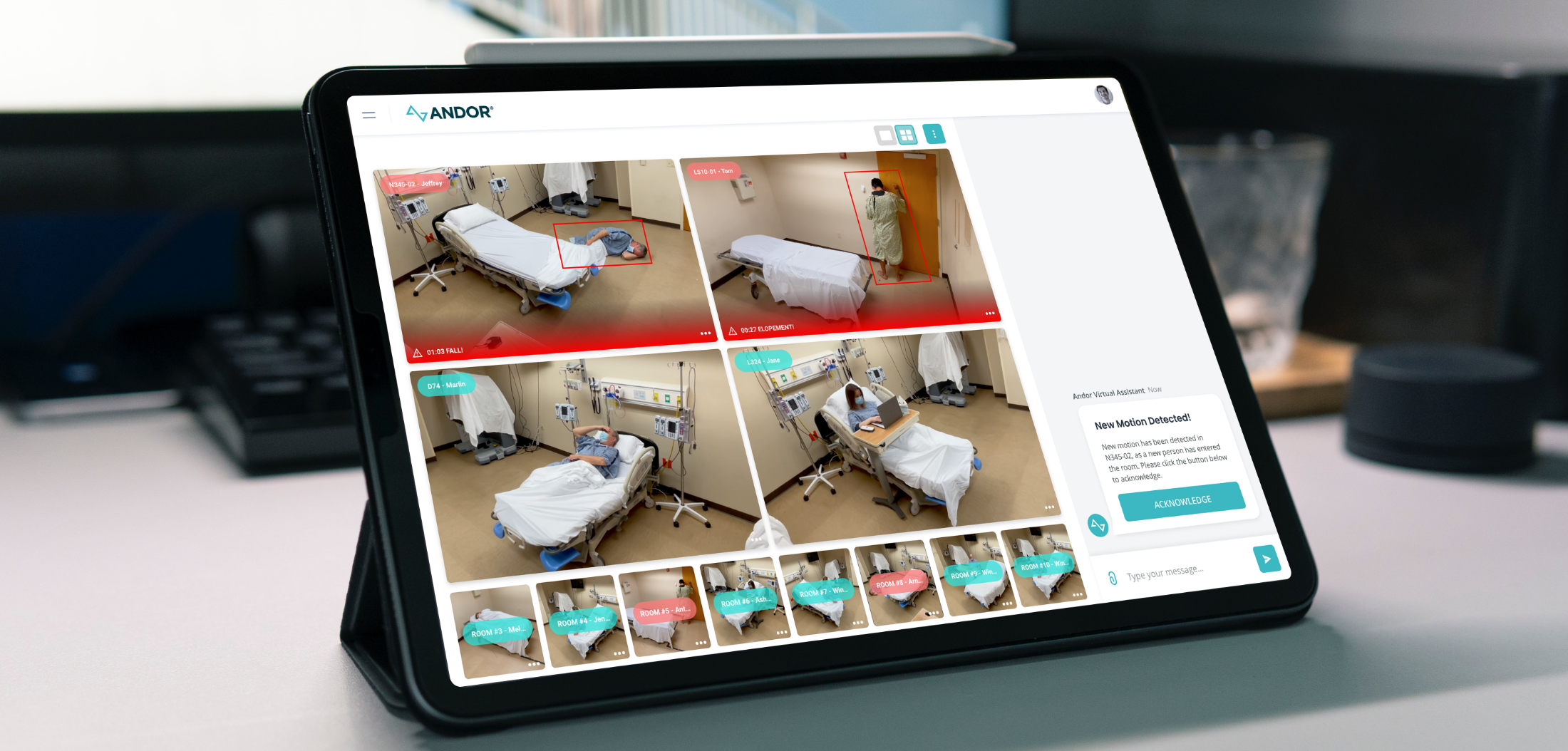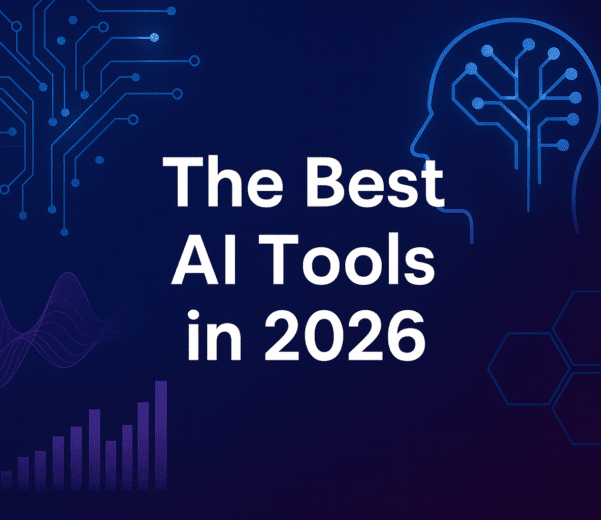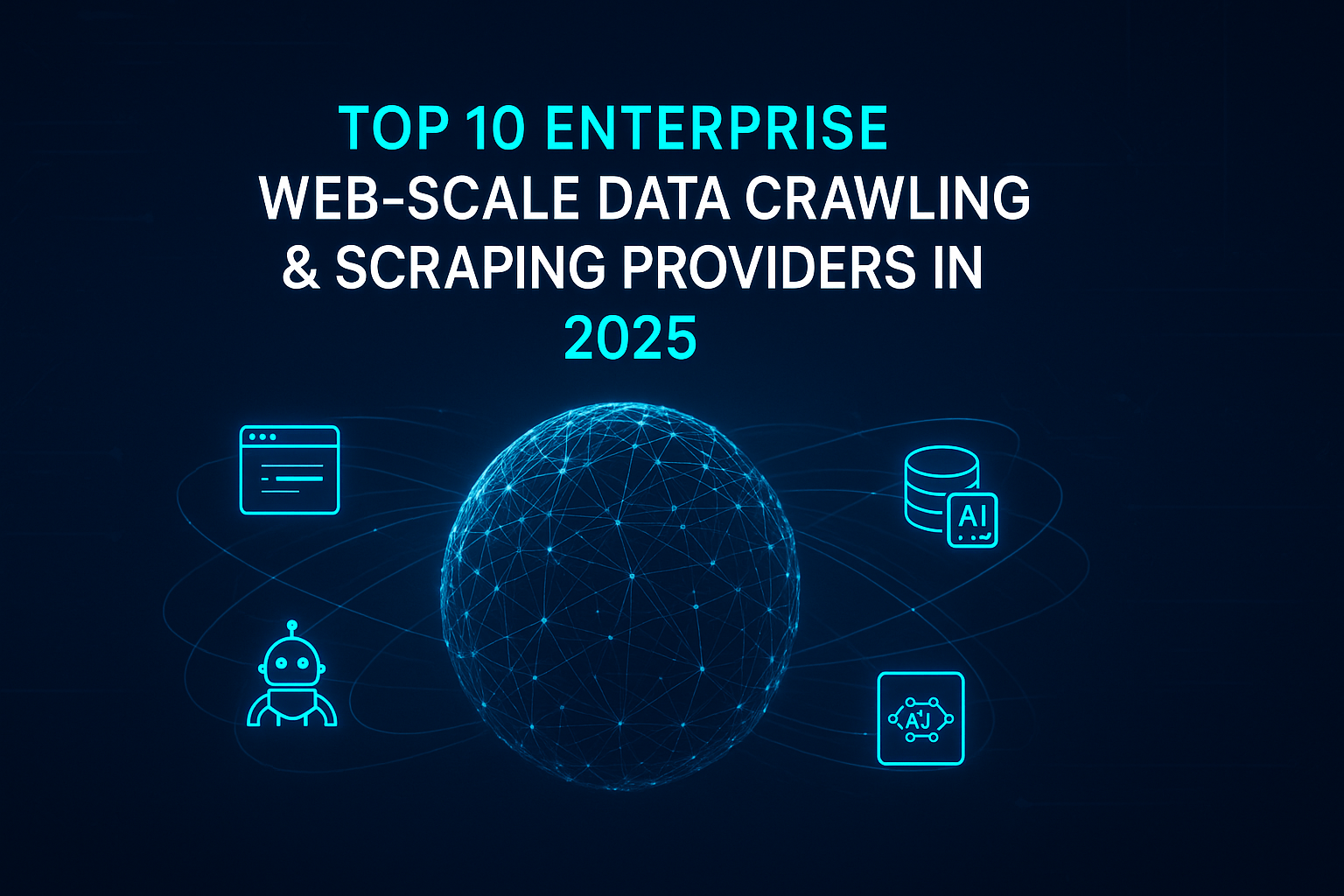Artificial Intelligence (AI) is rapidly changing the healthcare industry, with AI-enabled patient monitoring being one of its key applications. AI-enabled patient monitoring is the use of machine learning algorithms and advanced sensors to monitor patient health and detect changes in real-time. This technology has the potential to transform healthcare by providing continuous, personalized monitoring for patients, allowing healthcare providers to intervene early and prevent serious complications. In this article, we will explore the concept of AI-enabled patient monitoring, its benefits, challenges, and future potential.
What is AI-Enabled Patient Monitoring?
AI-enabled patient monitoring involves the use of sensors, wearables, and other devices to collect data on patient health, such as vital signs, activity levels, and other physiological data. This data is then processed using AI algorithms to detect patterns and changes in the patient’s health, which can be used to predict and prevent adverse health events. For example, AI-enabled patient monitoring can help detect early signs of heart failure, sepsis, or other conditions that may otherwise go unnoticed until they become serious.
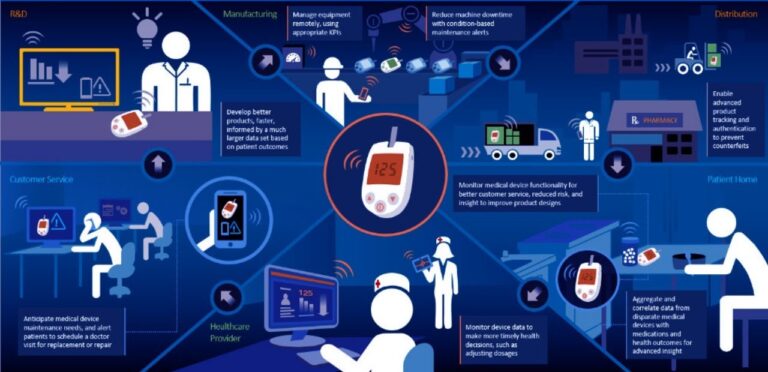
Benefits of AI-Enabled Patient Monitoring
AI-enabled patient monitoring offers several benefits over traditional patient monitoring methods, including:
- Early detection of health issues: AI-enabled patient monitoring can detect changes in a patient’s health in real-time, allowing healthcare providers to intervene early and prevent serious complications.
- Personalized care: AI-enabled patient monitoring can provide personalized care based on the patient’s unique health needs and preferences, allowing for more effective and efficient care.
- Improved patient outcomes: By providing continuous monitoring and early detection of health issues, AI-enabled patient monitoring can improve patient outcomes and reduce healthcare costs.
- Reduced healthcare costs: AI-enabled patient monitoring can reduce healthcare costs by preventing hospital readmissions, reducing the need for emergency care, and providing more efficient and effective care.
- Increased patient engagement: AI-enabled patient monitoring can increase patient engagement by providing patients with real-time feedback on their health and empowering them to take an active role in their care.

Challenges and Concerns
Despite the many benefits of AI-enabled patient monitoring, there are also several challenges and concerns that must be addressed, including:
- Privacy and security: AI-enabled patient monitoring involves collecting and analyzing large amounts of patient data, which raises concerns about privacy and security. It is important to ensure that patient data is collected, stored, and used in accordance with ethical and legal standards, and that appropriate measures are in place to protect patient privacy and security.
- Bias and fairness: AI systems can be biased if they are trained on biased data or if the algorithms are not designed to account for cultural or social factors. It is important to ensure that AI-powered tools are fair and unbiased, and that they do not perpetuate or amplify existing inequalities.
- Interoperability: AI-enabled patient monitoring involves integrating data from multiple sources, which can be challenging if the systems are not interoperable. It is important to ensure that different systems can communicate with each other and share data in a secure and efficient manner.
- Data quality: The accuracy and reliability of AI-enabled patient monitoring depends on the quality of the data collected.It is important to ensure that the sensors and devices used for patient monitoring are accurate, reliable, and provide high-quality data.
- Training and education: Healthcare providers must be trained and educated on how to use AI-enabled patient monitoring tools effectively and safely. They must also be able to interpret the data provided by these tools and make informed decisions based on that data.
- Regulatory compliance: AI-enabled patient monitoring must comply with regulatory requirements and standards, such as HIPAA and GDPR. It is important to ensure that patient data is collected, stored, and used in accordance with these regulations.
Future Potential
The potential for AI-enabled patient monitoring is vast, and it is expected to have a significant impact on healthcare in the future. Some of the potential applications of AI-enabled patient monitoring include:
- Predictive analytics: AI-enabled patient monitoring can be used to predict and prevent adverse health events, such as heart attacks, strokes, and sepsis. By analyzing patient data in real-time, AI algorithms can detect early signs of these events and alert healthcare providers, allowing for early intervention and prevention.
- Remote monitoring: AI-enabled patient monitoring can enable remote monitoring of patients, allowing healthcare providers to monitor patients from a distance and intervene early if any issues arise. This can be particularly beneficial for patients with chronic conditions or those who live in remote or underserved areas.
- Personalized medicine: AI-enabled patient monitoring can provide personalized medicine based on the patient’s unique health needs and preferences. By analyzing patient data, AI algorithms can identify the most effective treatments and interventions for each patient, leading to better health outcomes and reduced healthcare costs.
- Clinical decision support: AI-enabled patient monitoring can provide clinical decision support for healthcare providers, helping them make more informed decisions based on real-time patient data. This can improve the accuracy and efficiency of clinical decision-making and reduce the risk of errors or complications.
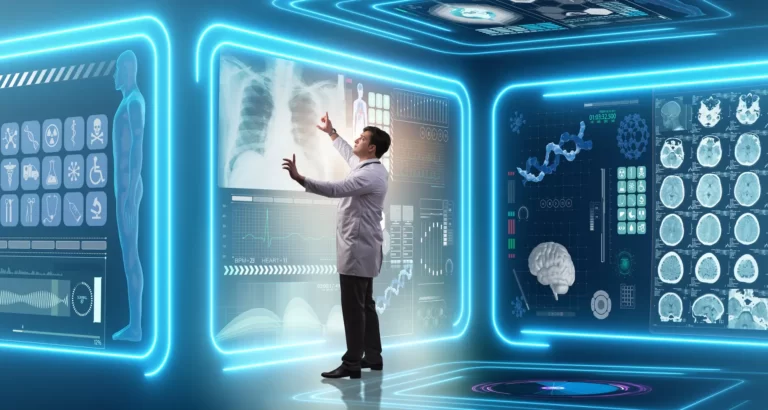
Conclusion
AI-enabled patient monitoring is a rapidly developing field that has the potential to transform healthcare by providing continuous, personalized monitoring for patients. This technology can detect early signs of health issues, provide personalized care, improve patient outcomes, reduce healthcare costs, and increase patient engagement. However, there are also challenges and concerns that must be addressed, including privacy and security, bias and fairness, interoperability, data quality, training and education, and regulatory compliance. The future potential of AI-enabled patient monitoring is vast, and it is expected to have a significant impact on healthcare in the years to come. As this technology continues to develop, it is important to ensure that it is used ethically, safely, and effectively to improve patient outcomes and transform healthcare.



